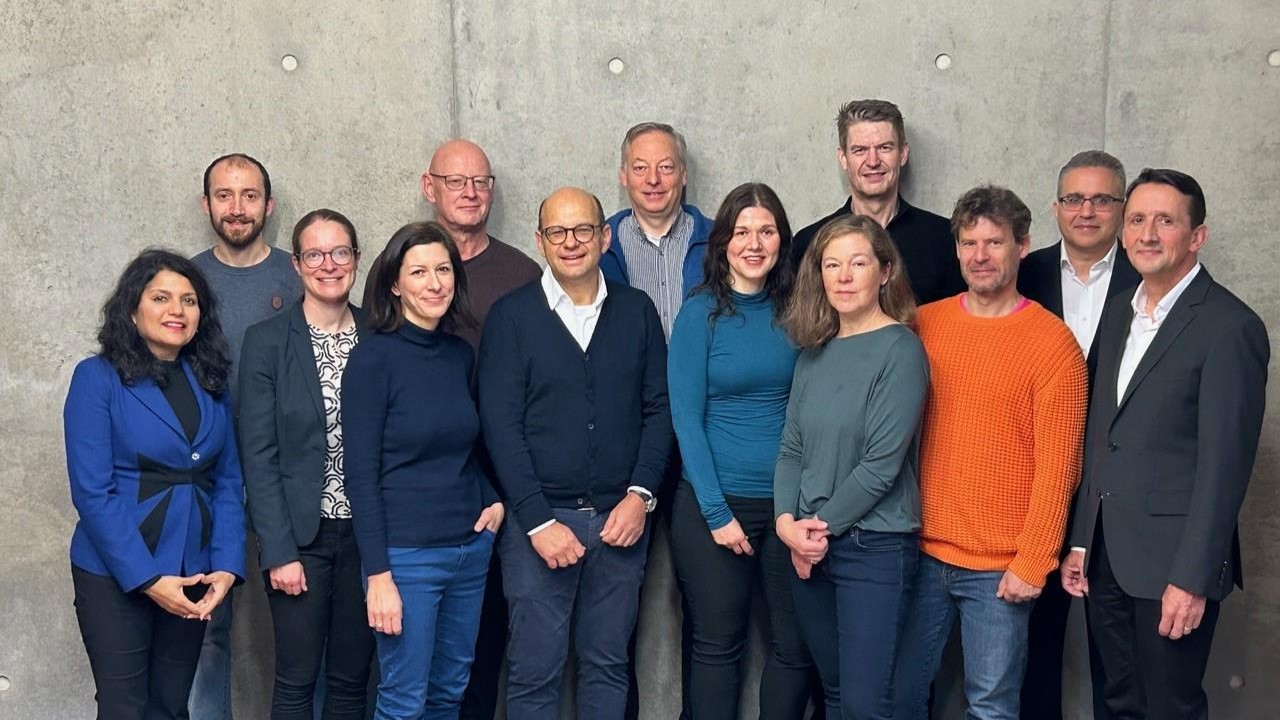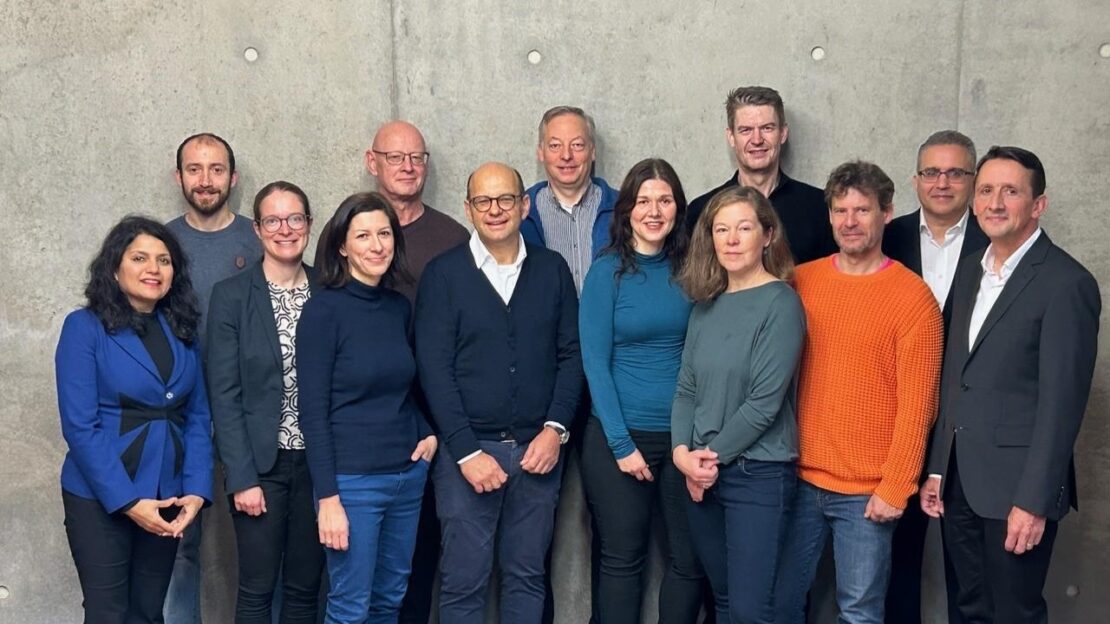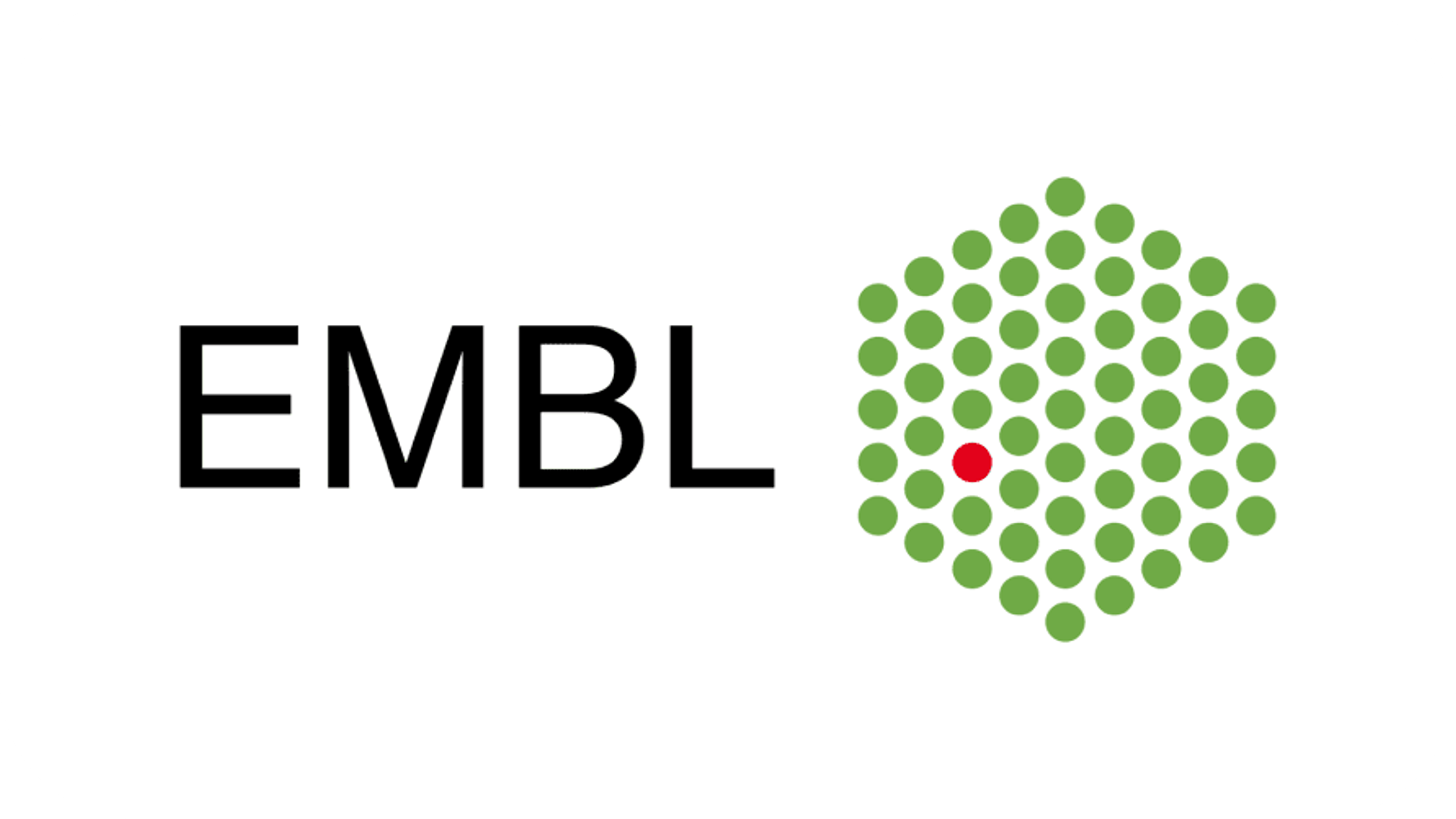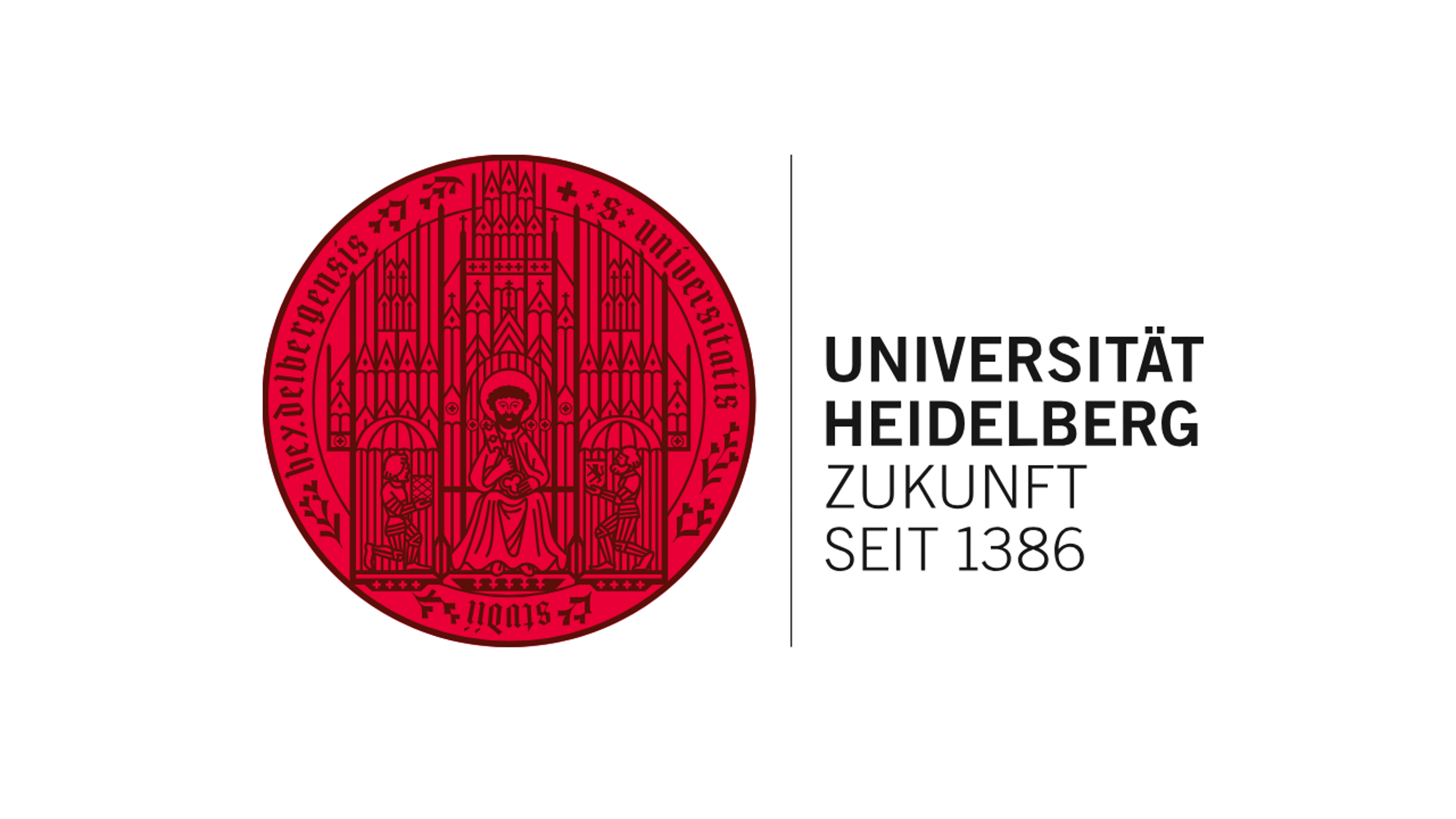Interdisciplinary Joint Project: New Bioengineering Approaches for the Automated Production of Complex Organoids

The Carl-Zeiss-Stiftung is funding Heidelberg-based research into molecular systems engineering with six million euros
The reproducible and precise production of complex organoid models to simulate human organ malfunctions is the focus of an interdisciplinary research project at Heidelberg University. A research team from the life and engineering sciences is looking to combine the engineering of molecular systems with machine learning and automated production methods. The aim is to develop complex organ-on-a-chip systems that can be used to investigate disease mechanisms across organs. In the long term, this is set to make it possible to test novel therapeutic approaches. The scientific leads for the “Precision Organoid Engineering for Multi-Organ Interaction Studies” (POEM) project are Prof. Dr Johannes Backs (Medicine), Prof. Dr Wolfram Pernice (Physics), and Prof. Dr Christine Selhuber-Unkel (Engineering). The Carl-Zeiss-Stiftung is providing six million euros in funding for the research over a six-year period.

Organoids, miniature versions of human organs, are obtained from stem cells and used for experimental research on complex diseases such as cardiovascular disorders and cancer. Current systems face limitations, particularly due to the lengthy “maturation processes” involved in modeling adult human tissue. According to the Heidelberg researchers, there are currently very few models that can simulate the interactions of multiple organs in vivo. “The goal of the POEM project is to develop automated bioengineering approaches for producing precise organoid models not only with high throughput but also reproducibly,” says project initiator Dr Andrea Leibfried, Managing Director of the CellNetworks Core Technology Platform at Heidelberg University.
In the fields of molecular systems engineering, machine learning, biomedicine and modeling, the Heidelberg research team is working on ultrasound-based assembly of cells combined with complex microfluidics and molecular markers. The aim is to enable various organoids to grow in a controlled way and connect with one another. Combined with screening methods supported by Artificial Intelligence, these complex organ-on-a-chip systems are intended to create clinically relevant and complex disease models, such as for “broken heart syndrome”, providing more accurate depictions of organ interactions – e.g. between the heart and brain. In addition to improving the modeling of diseases and disease mechanisms, the POEM project also aims to contribute to the reduction and subsequent replacement of animal testing. The long-term goal is to establish an organoid platform at Heidelberg University. Research work is set to start at the beginning of next year.
Johannes Backs is the Director of the Institute of Experimental Cardiology at the Medical Faculty Heidelberg of Heidelberg University and Interim Director of the new Helmholtz Institute for Translational AngioCardioScience (HI-TAC). At the Kirchhoff Institute for Physics, Wolfram Pernice heads the “Neuromorphic Quantum Photonics” research group, which develops new computer architectures for Artificial Intelligence. Christine Selhuber-Unkel and her group at the Institute for Molecular Systems Engineering and Advanced Materials are conducting research at the interface between materials science and biophysics.
The Carl-Zeiss-Stiftung is funding the “Precision Organoid Engineering for Multi-Organ Interaction Studies” project as part of its focus on life science technologies. In doing so, the foundation is supporting interdisciplinary research at the intersection of engineering and life sciences.
About the Carl-Zeiss-Stiftung
The Carl-Zeiss-Stiftung’s mission is to create an open environment for scientific breakthroughs. As a partner of excellence in science, it supports basic research as well as applied sciences in the STEM subject areas (science, technology, engineering and mathematics). Founded in 1889 by the physicist and mathematician Ernst Abbe, the Carl-Zeiss-Stiftung is one of the oldest and biggest private science funding institutions in Germany. It is the sole owner of Carl Zeiss AG and SCHOTT AG. Its projects are financed from the dividend distributions of the two foundation companies.




